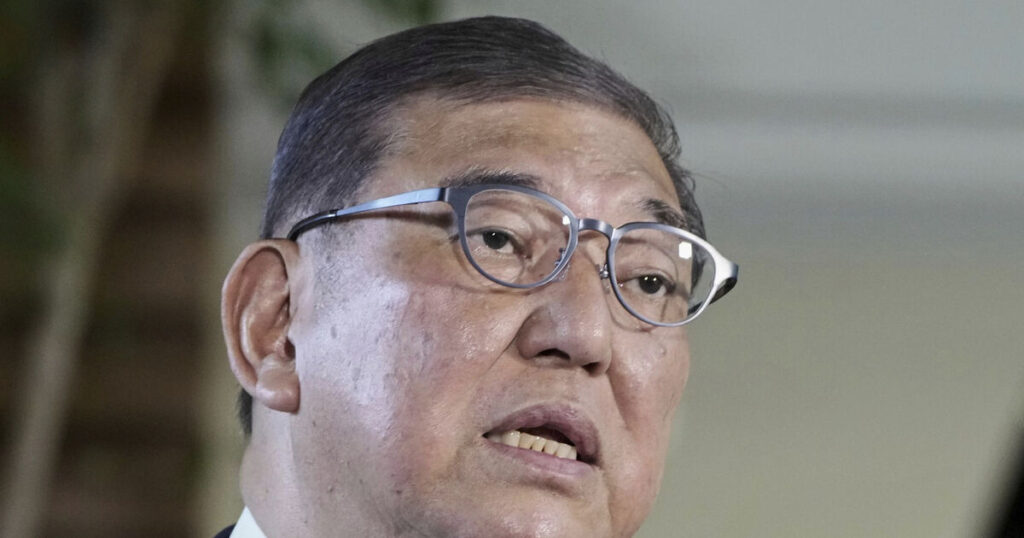Japanese Prime Minister Shigeru Ishiba has refuted reports suggesting he will resign following a significant defeat of his Liberal Democratic Party (LDP) in a recent election. Instead, he affirmed his commitment to ensuring the proper implementation of a new tariff agreement with the United States.
Ishiba’s position has been increasingly challenged after the LDP, along with its coalition partner Komeito, lost its majority in the upper house of parliament on Sunday. This loss in the 248-member upper house, which is the less powerful of Japan’s two parliamentary chambers, has weakened his leadership and raised concerns about Japan’s political stability.
This electoral setback means that Ishiba’s ruling coalition now lacks a majority in both houses of parliament, as they also lost control of the lower house in October. This situation severely limits the government’s ability to effectively pursue policy objectives and exacerbates existing political instability in Japan.
Despite the defeat, Ishiba initially stated his intention to remain in office to address critical issues, including the tariff negotiations with the U.S., aiming to avoid a political vacuum. However, this decision has faced criticism from within and outside his party, with many calling for his prompt resignation in response to the election results.
Amid speculation that the U.S. trade deal might precede his departure, Japanese media outlets suggested he was likely to announce his resignation plans in August.
The Yomiuri newspaper reported that Ishiba had decided to announce his resignation by the end of July after receiving a comprehensive report from his chief trade negotiator, Ryosei Akazawa. This move was expected to trigger a leadership vote within the party to select his successor.
However, Ishiba denied these reports, emphasizing his focus on the U.S. trade agreement, which covers over 4,000 goods and has a substantial impact on numerous Japanese producers and industries.
The Prime Minister held discussions with prominent party figures and former prime ministers Taro Aso, Fumio Kishida, and Yoshihide Suga at party headquarters on Wednesday. He later told reporters that their discussions centered around the election results, a shared sense of urgency, and the importance of maintaining party unity, rather than his resignation or a new leadership contest.
Ishiba expressed satisfaction with the trade agreement on Wednesday, which establishes a 15% tariff on Japanese cars and other goods imported into the U.S. from Japan, a reduction from the previously considered 25%. He characterized the agreement as the result of rigorous negotiations to safeguard national interests and said that it would benefit both nations by fostering job creation and investment.
Despite these comments, Ishiba refrained from commenting on his potential resignation and reiterated that he needed to thoroughly review the full details of the trade deal first.
The election results reflected voter dissatisfaction with rising prices outpacing wage increases. Younger voters, who have long felt overlooked by the government’s focus on elderly voters, increasingly supported emerging conservative and right-wing populist parties such as the Democratic Party for the People and Sanseito.
While no opposition parties have indicated a desire to form a formal alliance with the ruling coalition, they have expressed openness to collaborating on specific policy matters.


